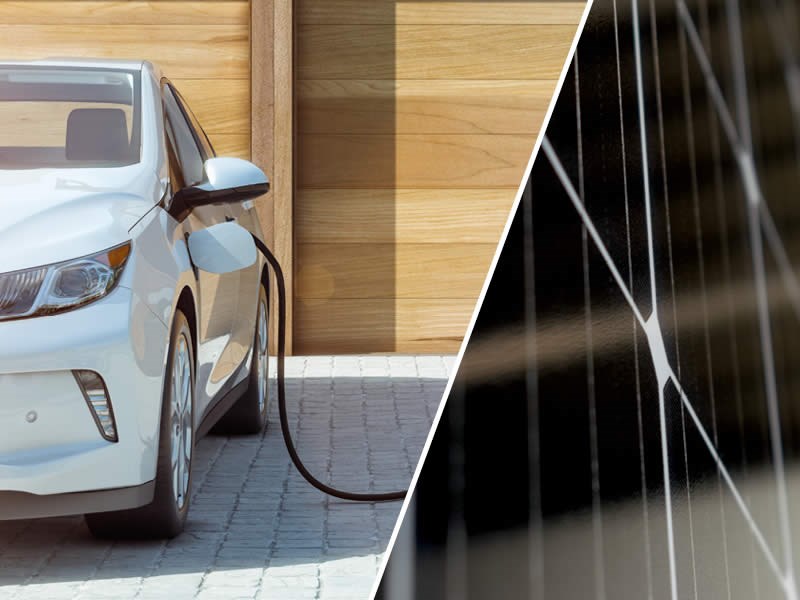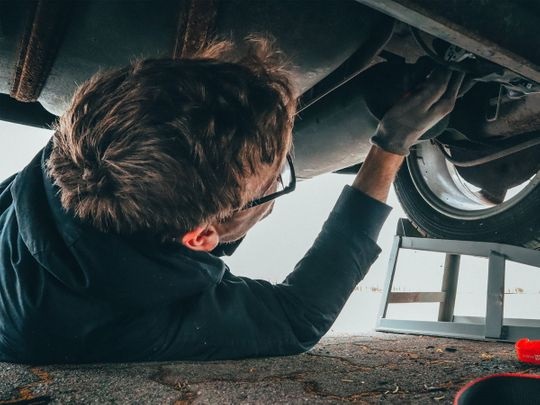If you’re experiencing electrical problems in your car, it can be a frustrating experience. Electrical problems can create a range of issues, from a dead battery to a malfunctioning alternator. Fortunately, with some basic knowledge and troubleshooting skills, you can diagnose and fix most electrical problems yourself.
Here are some steps you can take to troubleshoot electrical problems in your car:
- Check the Battery
The first step in diagnosing electrical problems is to check the battery. If your car doesn’t start, it’s likely that the battery is dead or weak. You can check the battery by using a multimeter or a voltmeter. A good battery should have a voltage reading of between 12.4 and 12.7 volts. If the battery is weak, replace it with a new one.

- Check the Alternator
If your car’s battery is fully charged but your car won’t start, it’s possible that the alternator is malfunctioning. You can check the alternator by using a voltmeter or a multimeter. With the engine running, the voltage reading should be between 13.5 and 14.5 volts. If the voltage reading is lower, the alternator may need to be replaced.
- Check the Fuses
If certain electrical components in your car don’t work, such as the radio or the headlights, it’s possible that a fuse has blown. You can check the fuses by locating the fuse box in your car and visually inspecting each fuse. A blown fuse will have a broken wire inside it. Replace the blown fuse with a new one of the same amperage.
- Check the Wiring
If all the fuses are intact but you’re still experiencing electrical problems, it’s possible that there’s a problem with the wiring. Check for loose or corroded wires, damaged insulation or broken connectors. If you find any issues with the wiring, repair or replace the affected parts.

- Check the Grounds
A bad ground can cause a range of electrical problems in your car. Check the ground wires for corrosion or looseness. Clean the connections and tighten the wires if necessary.
Troubleshooting electrical problems in your car can be time-consuming but rewarding. By following these steps, you can diagnose and fix most electrical problems yourself. However, if you’re not comfortable with electrical repairs, it’s best to leave it to a professional mechanic.

 How Exotic Car Leasing Works: A Beginner’s Guide
How Exotic Car Leasing Works: A Beginner’s Guide  Red Flags to Watch for at Any Car Dealership
Red Flags to Watch for at Any Car Dealership  PTFE Films in Automotive Wire Harness Protection
PTFE Films in Automotive Wire Harness Protection  Importance of Car Door Inspections During Servicing
Importance of Car Door Inspections During Servicing  Essential Role of Household Battery Backup for OSA Patients and Introducing Jackery Explorer 1000 Plus Portable Power Station
Essential Role of Household Battery Backup for OSA Patients and Introducing Jackery Explorer 1000 Plus Portable Power Station  The Importance of a Spacious Interior in a Modern Family SUV
The Importance of a Spacious Interior in a Modern Family SUV  Your First Step to Driving Confidence: A Beginner’s Guide to EDT Lessons
Your First Step to Driving Confidence: A Beginner’s Guide to EDT Lessons  Learn to recognize early indicators of trunk wear or malfunction before they escalate.
Learn to recognize early indicators of trunk wear or malfunction before they escalate.  Why Is Armoring Sedans Ideal for Discreet Personal Security?
Why Is Armoring Sedans Ideal for Discreet Personal Security? 




